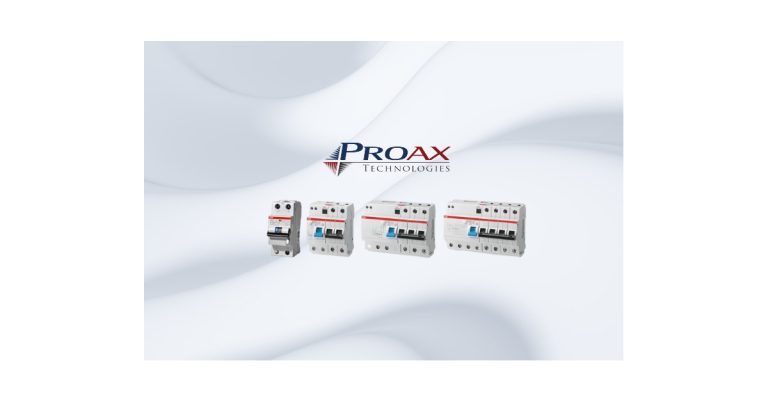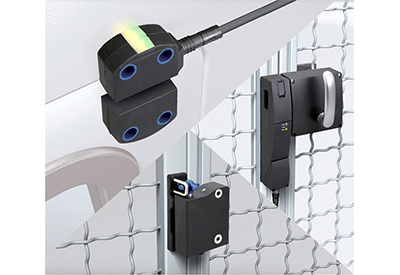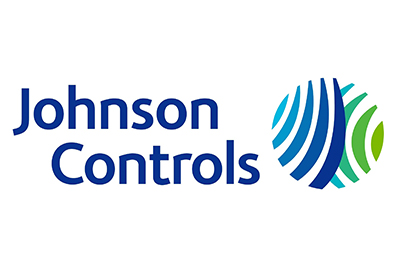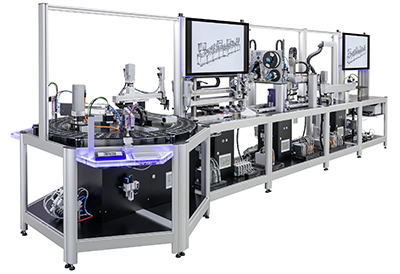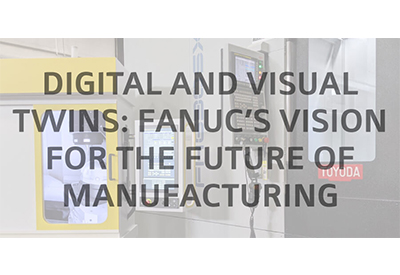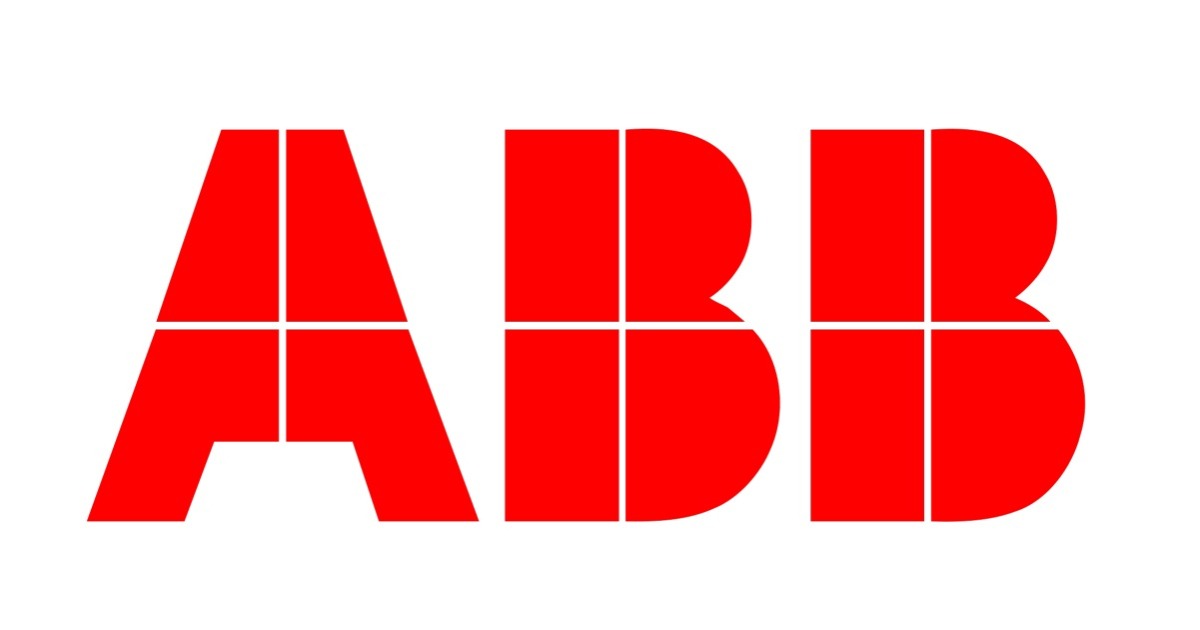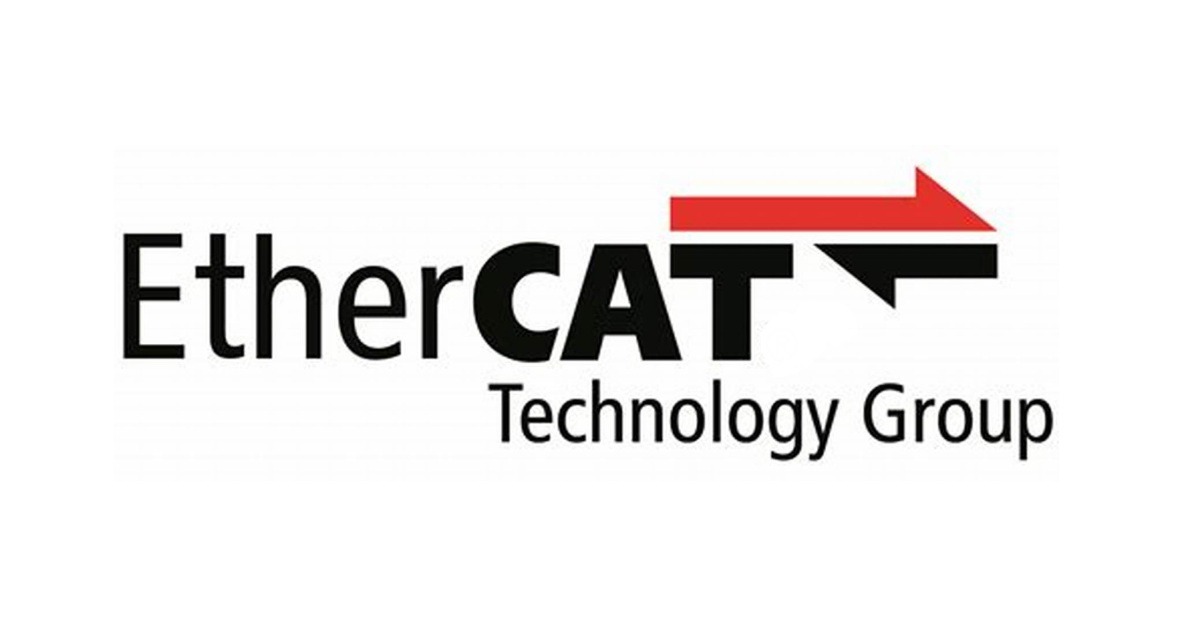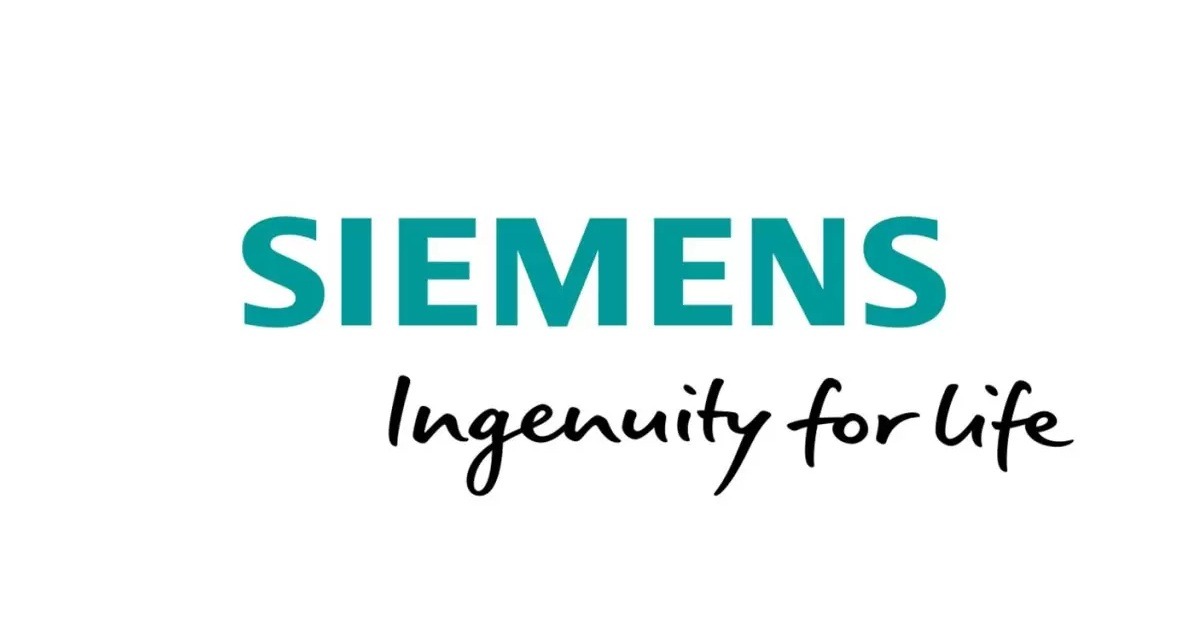Trends from Rittal for 2020: Managing Data Demands
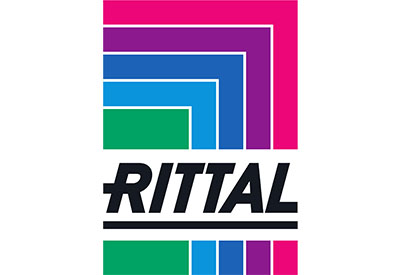
Jan 9, 2020
According to the market researchers at IDC (International Data Corporation), humans and machines could already be generating 175 zettabytes of data by 2025. If this amount of data were stored on conventional DVDs, it would mean 23 stacks of data discs, each of them reaching up to the moon. The mean 27 percent annual rate of data growth is also placing increasing pressure on the IT infrastructure.
Since there is hardly any company that can afford to increase its own data storage by almost a third every year, IT managers are increasingly relying on IT services from the cloud. The trend towards the cloud has long since been a feature in Germany: A survey published in the summer of 2019 by the “Bitkom” ICT industry association together with KPMG showed that three out of four companies are already using cloud solutions.
However, businesses using cloud solutions from third-party providers do lose some control over their corporate data. That is why, for example, the US Cloud Act (Clarifying Lawful Overseas Use of Data) allows US authorities to access data stored in the cloud, even if local laws at the location where the data is stored do prohibit this.
“Future success in business will be sustainable if they keep pace with full digital transformation and integration. Companies will use their data more and more to provide added value – increasingly in real time – for example in the production environment,” says Dr Karl-Ulrich Köhler, CEO of Rittal International. “Retaining control over data is becoming a critical success factor for international competitiveness,” he adds.
Trend #1: Data control
The self-determined handling of data is thus becoming a key competitive factor for companies. This applies to every industry in which data security is a top priority and where the analysis of this data is decisive for business success. Examples are the healthcare, mobility, banking or manufacturing industries. Companies are now faced with the questions of how to process their data securely and efficiently, and whether to modernise their own data centre, invest in edge infrastructures or use the cloud.
The major European “Gaia-X” digital project, an initiative of the Federal Ministry for Economics and Energy (BMWi), is set to start in 2020. The aim is to develop a European cloud for the secure digitalization and networking of industry that will also form the basis for using new artificial intelligence (AI) applications. The Fraunhofer Gesellschaft has drawn up the “International Data Spaces” initiative in this context. This virtual data room allows companies to exchange data securely. The compatibility of their own solutions with established (cloud) platforms (interoperability) is also provided.
This means that geographically widespread, smaller data centres with open cloud stacks might be able to create a new class of industrial applications that perform initial data analysis at the point where the data is created and use the cloud for downstream analysis. One solution in this context is ONCITE. This turnkey (plug-and-produce) edge cloud data centre stores and processes data directly where it arises, enabling companies to retain control over their data when networking along the entire supply chain.
Trend #2: Standardisation in data centres with OCP
The rapid upgrade of existing data centres is becoming increasingly important for companies, as the volume of data needing to be processed continues to grow. Essential requirements for this growth are standardised technology, cost-efficient operation and a high level of infrastructure scalability. The OCP technology (Open Compute Project) with its central direct current distribution in the IT rack is becoming an interesting alternative for more and more CIOs. This is because DC components open up new potentials for cost optimisation. For instance, all the IT components can be powered centrally with n+1 power supplies per rack. This way, an efficient cooling is achieved, since fewer power packs are present. At the same time, the high degree of standardisation of OCP components simplifies both maintenance and spare parts management. The mean efficiency gain is around five percent of the total current.
Rittal expects that OCP will establish itself further in the data centre as an integrated system platform in 2020. New OCP products for rack cooling, power supply or monitoring will enable rapid expansion with DC components. Furthermore, new products will support the conventional concept of a central emergency power supply, where the power supply is safeguarded by a central UPS. As a result, it will no longer be necessary to protect every single OCP rack with a UPS based on lithium-ion batteries. The advantage: the fire load in the OCP data centre is reduced considerably.
Trend #3: Heat recovery and direct CPU cooling
Data centres release huge amounts of energy into the environment in the form of waste heat. As the power density in the data centre grows, so too do the amounts of heat, which can then potentially be used for other purposes. So far, however, the use of waste heat has proven too expensive, because consumers are rarely found in the direct vicinity of the site for example. In addition, waste heat, as generated by air-based IT cooling systems, is clearly too low at a temperature of 40 degrees Celsius to be used economically.
In the area of high-performance computing (HPC) in particular, IT racks generate high thermal loads, often in excess of 50 kW. For HPC, direct processor cooling with water is significantly more efficient than air cooling, so that return temperatures of 60 to 65 degrees become available. At these temperatures, for instance, it is possible to heat domestic hot water or use heat pumps or to feed heat into a district heating network. However, CIOs should be aware that only about 80 percent of the waste heat can be drawn from an IT rack, even with a direct CPU water cooling. IT cooling is still needed by the rack for the remaining 20 percent.
At the German Government’s 2019 Digital Summit, the topic of heat recovery was discussed in the working group concerned, which identified a high need for action. For this reason, Rittal assumes that by 2020, significantly more CIOs will be involved in the issue of how the previously unused waste heat from the data centre can be used economically.
Trend #4: Integration of multi-cloud environments
Businesses need to be assured that they can run their cloud applications on commonly used platforms and in any country. This calls for a multi-cloud strategy. From management’s point of view, this is a strategic decision based on the knowledge that its own organisation will develop into a fully digitised business.
For example, an excellent user experience is guaranteed by minimising delays with the appropriate availability zones on site. This means that companies choose one or more availability zones worldwide for their services, depending on their business requirements. Strict data protection requirements are met by a specialised local provider in the target market concerned, for example. A vendor-open multi-cloud strategy allows exactly that: combining the functional density and scalability of hyperscalers with the data security of local and specialised providers such as Innovo Cloud. At the push of a button, on a dashboard, with a contact person, an invoice and in the second when the business decision is made – this is what is making multi-cloud strategies one of the megatrends of the coming years. This is because the economy will take further steps towards digital transformation and further accelerate its own continuous integration (CI) and continuous delivery (CD) pipelines with cloud-native technologies – applications designed and developed for the cloud computing architecture. Automating the integration and delivery processes will then enable the rapid, reliable and repeatable deployment of software.
For more info about Rittal’s IT solutions, please contact www.rittal.ca/datasolutions or email marketing@rittal.ca

